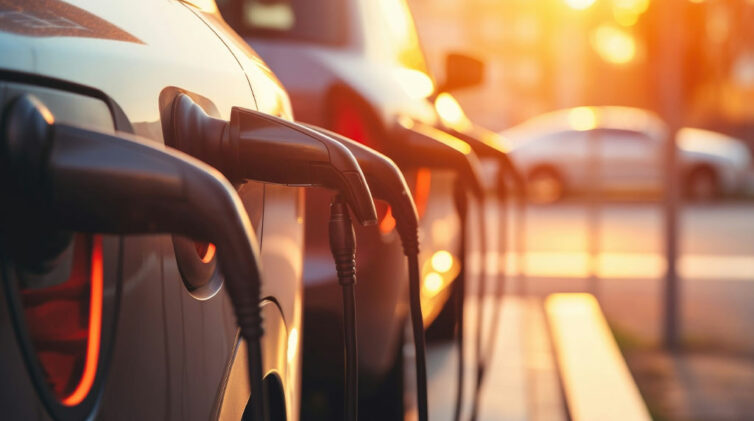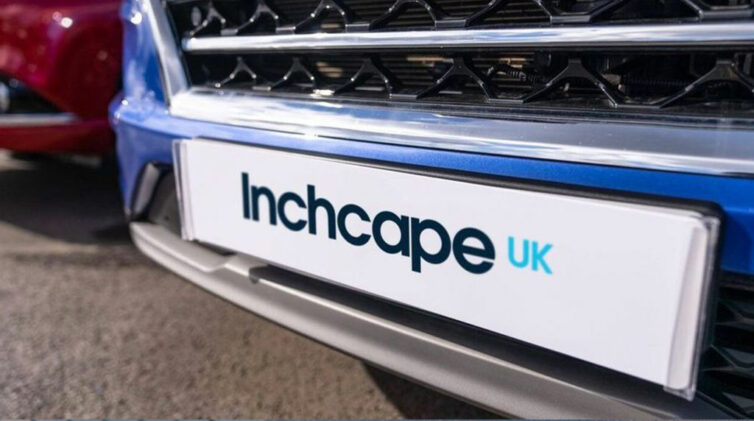THE Australian Automotive Dealer Association (AADA) is calling on Canberra to conduct a “comprehensive root-and-branch evaluation of the national collection of automotive taxes which it says are often inefficient and outdated or a relic of the 20th Century.
The AADA, in a submission to Treasury ahead of the 2024-2025 federal budget, said the current web of taxes across the auto sector were proving to be no longer fit for purpose.
The AADA considers that there is a pressing need for a complete review of Australia’s automotive taxation regime. As new technologies emerge and Australians turn to lower and zero emissions vehicles, Australia’s taxation regime must keep pace to ensure our system continues to be fit for purpose.
There are several different automotive-related taxes at different levels of government which are often inefficient and outdated, a relic of an era when Australia manufactured vehicles, “Each year, Australians pay tens of billions in these taxes with the Bureau of Infrastructure and Transport Research Economics reporting that in the 2021-22 financial year, almost $35 billion in road related taxes and charges were paid.
The AADA took aim at the:
- Luxury Car Tax
- Continuing passenger vehicle tariffs
- The collection of the myriad of road user charges and the basis for them
“Increasing adoption of fuel-efficient vehicles, the use of alternative forms of road transport such as ridesharing services and the complete end of automotive manufacturing in Australia all demonstrate the vast technological and societal changes that the automotive sector has undergone over the past decade.”
The AADA said that the Victorian Government’s unsuccessful bid at introducing a road user charge also raised questions over the legality of other state based ‘taxes on goods’ such as stamp duty and that there was a need for Canberra to start a program to “design a comprehensive automotive taxation regime that is fit-for-purpose”.
Luxury car tax
The submission said that in 2022-23 financial year, the government collected more than $1 billion in LCT revenue and that the tax unfairly targeted vehicles that are not necessarily ‘luxury cars’, especially individuals in regional areas with a significant need for a workhorse vehicle like a Toyota Landcruiser which is captured by the tax.
It also penalised people wanting to add optional safety features onto their vehicles with the fear of pushing the purchase price of the vehicle over the threshold.
“This tax acts counterintuitively to the government’s stated goals of improving road safety and reducing transport emissions … and disadvantages consumers seeking to buy new cars that deliver greater safety and environmental benefits. It just imposes unnecessary additional taxes on many vehicles, particularly more expensive lower emitting and EVs.”
The AADA would call for the complete abolition of the LCT. The LCT was originally introduced as a means of protecting Australia’s local vehicle manufacturing industry. With local manufacturing coming to an end in 2017.
The AADA also called on the government to conduct “a timely examination” of the changes to the LCT announced in the 2023-24 mid-year economic and fiscal outlook (MYEFO) which applied to fuel-efficient vehicle threshold.
It tightened the definition of a fuel-efficient vehicle for the LCT by reducing maximum fuel consumption from 7l/100km to 3.5l/100km.
This will increase the tax paid on a whole range of vehicles that are generally considered more fuel-efficient than average, the AADA said.
It added that if the total abolition of the LCT was not possible within the next Budget cycle, then the government should:
- Raise the threshold to target actual luxury vehicles
- Stage a sunset period for LCT
- Exempt low emission vehicles
- Exclude accessories from the calculation of whether a vehicle hits the threshold for paying the LCT.
Passenger vehicle tariff
The AADA said that import tariffs are applied to vehicles made in, or imported from, countries with which Australia does not have a Free Trade Agreement.
“Given the growing number of FTAs, including the prospective trade agreements with the EU, we believe that the Australian public would be best served by removing existing tariffs from all passenger vehicles imported into Australia.
“Trade policy experts say that the vehicle tariff will naturally fall away as part of the inevitable Free Trade Agreement with the EU. However, Free Trade Agreements can drag on and motorists should not be asked to hold their breath in the case of the EU where Australia is negotiating with a union of 28-member states.
“Consumers deserve immediate relief for new vehicles and so does (the motor) industry, particularly those new car dealerships which have a disproportionate amount of product on their showroom floor which just happens to be manufactured in a non- FTA country.
Road user charge
The AADA said that it is well-known that improvements in vehicle technology and the purchase of more fuel-efficient vehicles including hybrids and EVs, have seen fuel excise collections diminishing and that Australia will need to change the way in which motorists pay for roads.
With projections that more than 30 per cent of new vehicle sales will be EVs by 2030, the AADA said it was vital that the government established an “effective and equitable national road user charging system” and that the lesson from the Victorian government’s failed EV tax showed that there was “a need to take a national approach to road charging to ensure national consistency”.
The AADA acknowledges the fine line to be tread when introducing road user charges on new technologies.
The submission said: “It is important that the introduction of any new charging system is done in a way that does not discourage the uptake of hybrids and EVs resulting in outcomes that are counterproductive to the Government’s own climate goals.
“It is also important that any new charging system does not unfairly penalise people who continue to drive internal combustion engine vehicles.
“Any new charging system which seeks to phase out fuel excise with the introduction of road user charging should be done in a technology-neutral manner across all vehicles regardless of powertrain choice.
“A national approach undertaken with extensive industry and community consultation can provide certainty to consumers and businesses alike about the future costs of low and zero emission vehicles and how road infrastructure will be paid for.
“The actual charging mechanism itself does not need to be complex, as a matter of fact the simpler and more transparent the system the greater expected buy-in and support from the community.
“However, whenever user/consumption charges undergo systematic change, it will inherently be a complex process and comprehensive community consultation, education and appropriate lead times must be principles that the government works towards.”
The AADA submission said that any analysis of various road charging models should be part of a wider review of all automotive taxation systems.
By John Mellor
















 Read More: Related articles
Read More: Related articles

